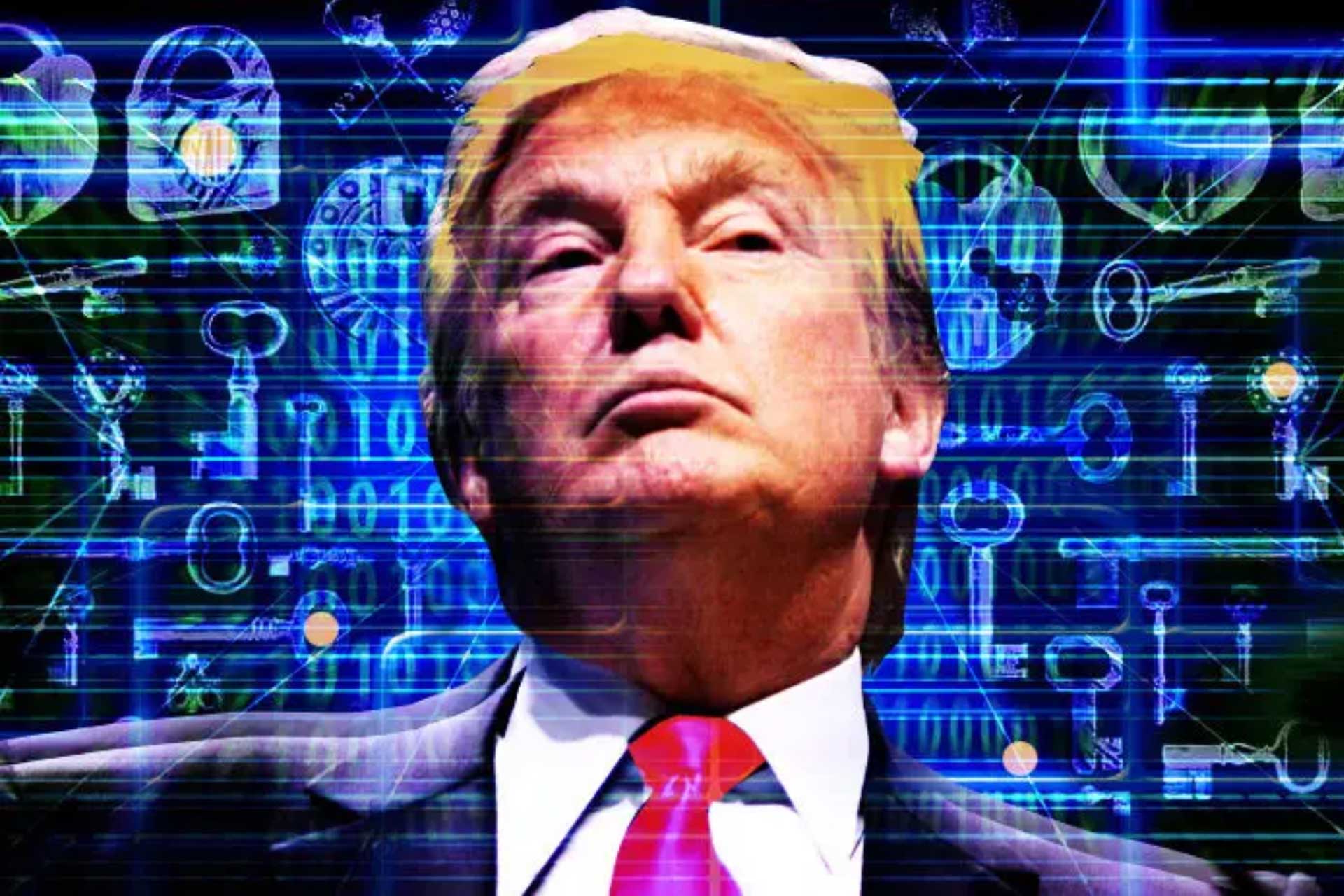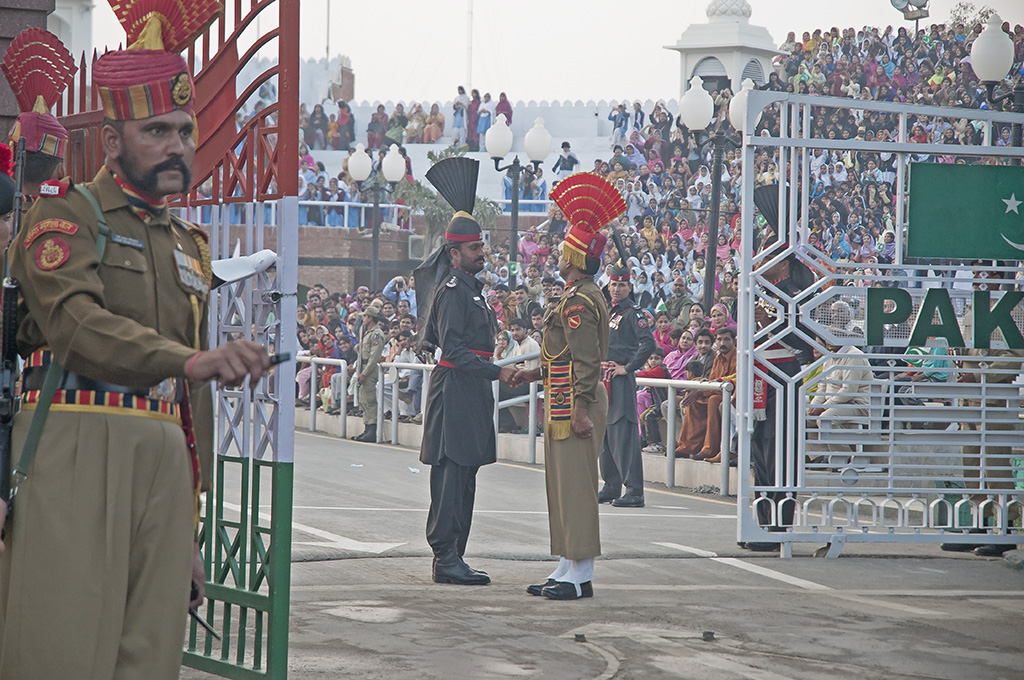ELECTION INTERFERENCE IN USA, CAMBRIDGE ANALYTICA
AND
TÜRKİYE ELECTIONS
If you don’t pay for a product, you are the product
In the 2016 US election that brought Trump to power, Russian intelligence agencies used social media as a weapon to influence the electoral behavior of American citizens. Information operations played a key role in this election, as many states were narrowly won by Trump.
Donald Trump, who often praised Putin and expressed his sympathy for him, was perceived by the Kremlin as an acceptable president against Hillary Clinton, who was known to oppose Putin’s policies and the occupation of Crimea. As a result, Russia launched a disinformation campaign on Facebook, Twitter and Instagram in favor of Trump and against Obama and Clinton. Obama and Clinton were portrayed as opening borders to Muslim terrorists, collaborating with ISIS, allowing irregular migrants to invade US territory, an LGBT-friendly administration and the candidate who would ensure its continuity.
Disinformation campaigns were carried out by groups supposedly representing different segments of society. US intelligence agencies revealed that diametrically opposed Facebook groups such as Black Matters, Heart of Texas, LGBT United, United Muslims of America, Being Patriot and others were run by Russia’s troll factory, the Internet Research Agency (IRA). The US Senate Select Committee on Intelligence detailed how the IRA directed the election information operation in a public report. According to the report, the IRA created disinformation posts on Facebook, Twitter and Instagram claiming to represent the aforementioned groups and disseminated them through advertising. According to the same report, 29 million US citizens were exposed to the IRA’s 80,000 disinformation posts over two years.
The disinformation posts were designed in such a way as to unite the members of the group and to antagonize the identity or ideology they were positioned against, and to undermine trust in democracy, elections, institutions and the media. At the end of the day, they aimed to go to the elections with large segments of society who distrusted the state, institutions, politicians and media; who were loyal to their own ethnic/religious/ideological identity and hostile to other identities positioned against them; and who resented the Obama administration. They also fed this line with the narrative of “savior Trump – corrupt Democrats” and tried to convince Republicans and swing voters to vote for Trump and Democratic voters not to go to the polls.
On the other hand, APT 28 and 29, hackers associated with the Russian military intelligence GRU, infiltrated the Democratic Party’s computer systems and obtained thousands of documents, including campaign strategies, fundraising, research on Trump, internal correspondence and personal data of Democratic Party staff. According to the report by Robert Mueller, the special counsel appointed by the US Justice Department to investigate Russia’s interference in the election, there were known communications between GRU officials and Trump campaign officials about these documents. But more than that, the intercepted documents were spread on platforms such as Wikileaks, Guccifer and DCLeaks, causing a huge sensation and conspiracy theories. Clinton went into the elections with a huge loss of confidence and sensationalism. Due to the Electoral College system in the US, Trump won the elections with a narrow majority in each state, despite receiving less than 3 million votes against Clinton.
So far we have talked about how a foreign power, Russia, interfered in the US elections and tried to manipulate voter behavior. There is also an internal manipulation aspect of the same campaign: Cambridge Analytica.
Cambridge Analytica was a London-based consultancy run by Steve Bannon, a key Trump advisor. Starting in early 2014, the company collected US citizens’ personal information and posts from Facebook without their permission and created software to predict and influence voting preferences. This software profiled individual voters and aimed to manipulate voting behavior through personalized political advertising.
In simpler terms… You got up in the morning, brewed your tea and logged into your Facebook account to see what was going on around you. You liked a post about Clinton. Then you liked another one and shared another one. It looks like you are going to vote for Clinton. Then you start to see posts claiming that Clinton is supporting ISIS, supporting LGBT people, which you think is incompatible with Christianity, supporting irregular immigrants, which you complain is reducing jobs in your country. You started to see ad after ad on your social media suggesting this. Suddenly, you started to hear people around you saying, “Clinton is in cahoots with ISIS, she is opening the borders to migrants, she is going to bankrupt the state, she is feeding terrorists with our taxes”. As a person who loves his country, you decided to reconsider voting for Clinton. Because so many people can’t be wrong (!) It’s not as if the algorithm that determines the posts that fall in front of you is just trying to fool you (!) In reality, this is exactly the case.
What is hapenning in Türkiye
The information operations I mentioned above took place almost 10 years ago. Now we also have artificial intelligence in our lives. We can hear things from politicians’ own voices that are not their own, we can watch videos of things they did not do. We live in a time when perceptions can be shaped very easily. Moreover, we don’t all get news from one common TV or radio. We each have different screens. Our social media feeds are determined by algorithms according to the traces we leave on the platform, i.e. our likes, follows and shares. Kemal Kılıçdaroğlu’s Cambridge Analytica warning should prompt us all to be very careful. We have to be aware that we are exposed to filtered realities on Facebook, Instagram, TikTok, Twitter and that we will encounter videos that may affect our political preferences.
We are in a period of intense disinformation campaigns against the Millet Alliance. Just like in the case of the US, the perception of voters is trying to be influenced by the following narratives about the Millet Alliance, which is the target of information operations:
– Qandil and PKK support the Millet Alliance
– The National Alliance will disrupt our family structure by supporting LGBT people
– The Millet Alliance is the enemy of religion. If they win, they will close the Diyanet and take back the gains of the conservative sector.
Through narratives of terrorism, LGBT and anti-religion, the People’s Alliance is trying to consolidate its base and attract undecided voters. Before the social media and artificial intelligence revolution, politicians could only make their propaganda on TV channels and at rallies, but now they are in our lives 24 hours a day. They have access to us at any moment. As a result, we are going through a period when we should not accept, be convinced and never internalize information without confirming its source from several different reliable sources. We need to learn to distinguish between information and assumption, personal opinion and data. It is very easy to access information, but it is also very easy to be exposed to fake news, disinformation and manipulation. We are in a huge information network where the distinction between true and false, real and fake is lost, and where we often do not pay for information. As the documentary The Great Hack about Cambridge Analytica says, “if you don’t pay for a product, you are the




Comments